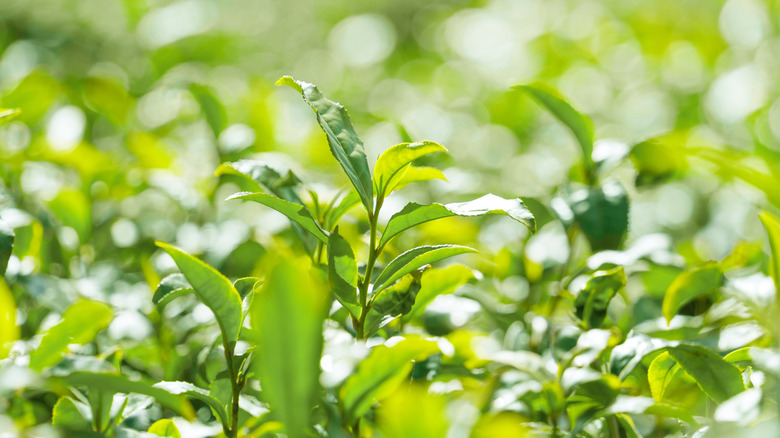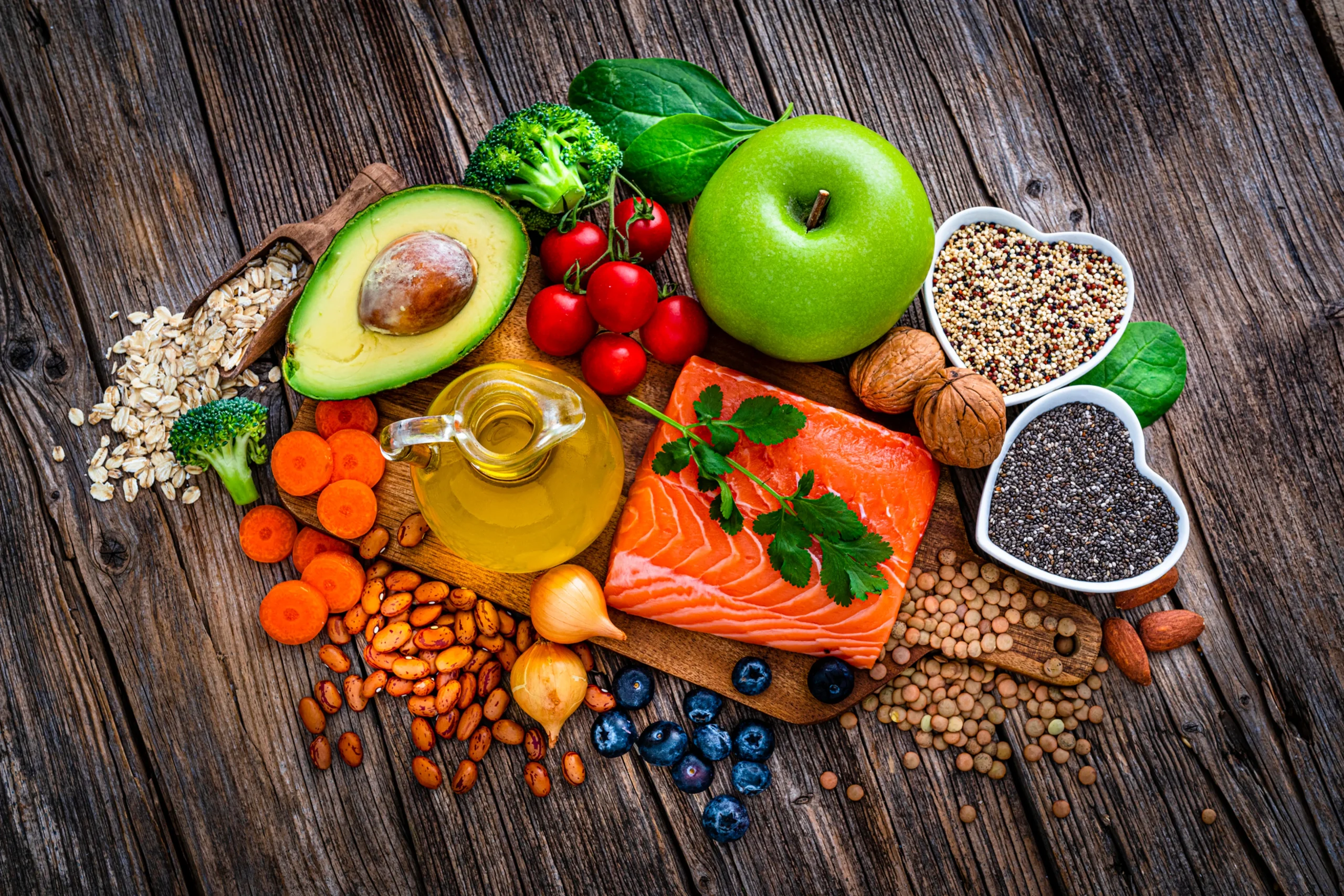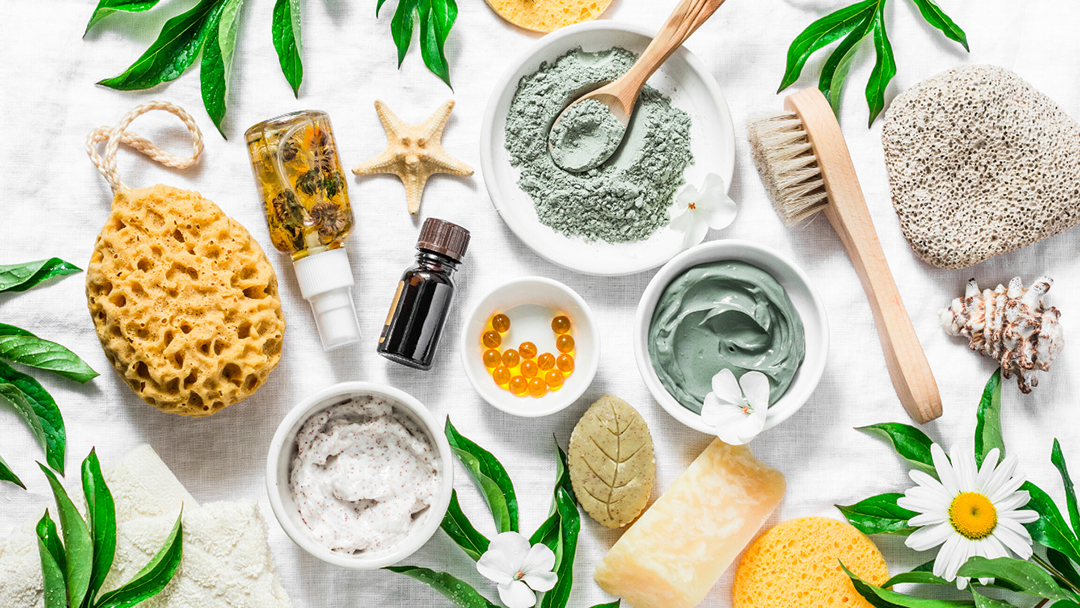How To Fix The Bitter Taste In Green Tea For Good
Green tea is supposed to have an earthy, subtly floral flavor and a calming effect. So, when you brew an overly bitter cup, it can leave you feeling pretty bitter as well. If your tea is consistently turning out unpleasant, you’re probably wondering how to brew a better batch — and soon. That’s why Chowhound turned to expert Elle Liu, founder of tea brand THEORÓ, for answers.
Liu explained that the bitter flavor in your cup could be traced back to three main categories: “the tea leaf itself, how it’s crafted, and how it’s brewed.” Good-quality green tea will be rich in amino acids, which Liu says “add umami and sweetness” and balance out the bitterness of its other chemical components. Factors like origin, cultivar, tree age, and harvest date also play a major role in determining this quality. “Go for single-origin tea,” Liu said. “Ideally, it should be the first pluck of the year and from the spring harvest. The origin should be a mountainous, misty area.”
Next, when it comes to brewing non-bitter tea, temperature control is everything. “Every tea has an ideal water temperature and steeping time,” Liu explained. She recommends brewing green tea using the gongfu method, a Chinese practice that involves a high leaf-to-water ratio and multiple infusions, with a water temperature of 190 degrees Fahrenheit and about 3.6 grams of tea for every ½ cup of water. “Steeping should be short — between 10 to 30 seconds, depending on the number of infusions,” she said.
Why green tea is prone to bitterness
To understand why green tea often tastes unpleasantly bitter, it’s important to understand its chemical makeup. All “true tea” comes from the leaves of the Camellia sinensis plant, Elle Liu explained, which contains three primary components: tea polyphenols, caffeine, and amino acids. While amino acids add sweetness and depth of flavor, “tea polyphenols and caffeine contribute to astringency and bitterness,” she said. That’s also why the only true “caffeine-free tea” isn’t even technically tea.
Since all tea comes from the same plant, each type is distinguished by its processing, including the degree of oxidation. “Freshly made green tea retains close to 100% of its polyphenol content, while black tea retains only about 10% to 20%,” Liu said. “This explains why green tea tends to taste more bitter.” That said, tea harvested early in the spring season from high-elevation areas and consumed fresh should have a balanced ratio of the three components.
Green tea can also taste bitter due to craft errors. Generally, green tea production involves three steps: fixation, rolling, and drying. “Each of these steps requires great skill,” Liu explained. “Any misstep — like over-fixation or under-fixation — can negatively affect the flavor.” But it’s not all about buying better tea, as a poor brewing technique is another common reason for bitterness. “When tea is over-steeped or brewed at a temperature that’s too high, it extracts excess polyphenols and caffeine, resulting in a bitter brew,” Liu said.
Source link
Share this article:












